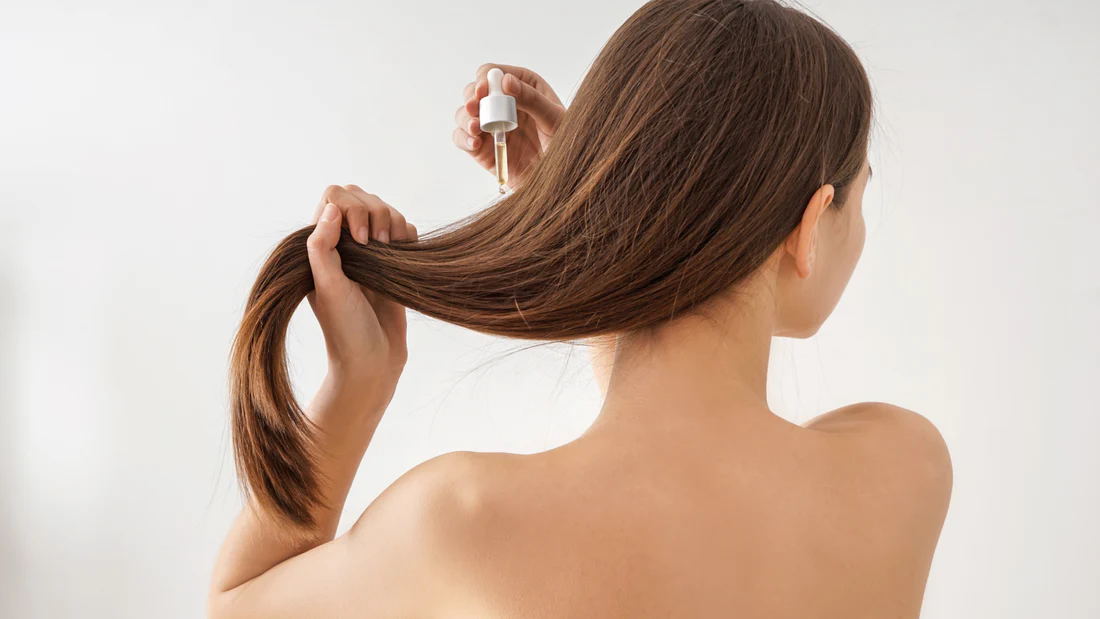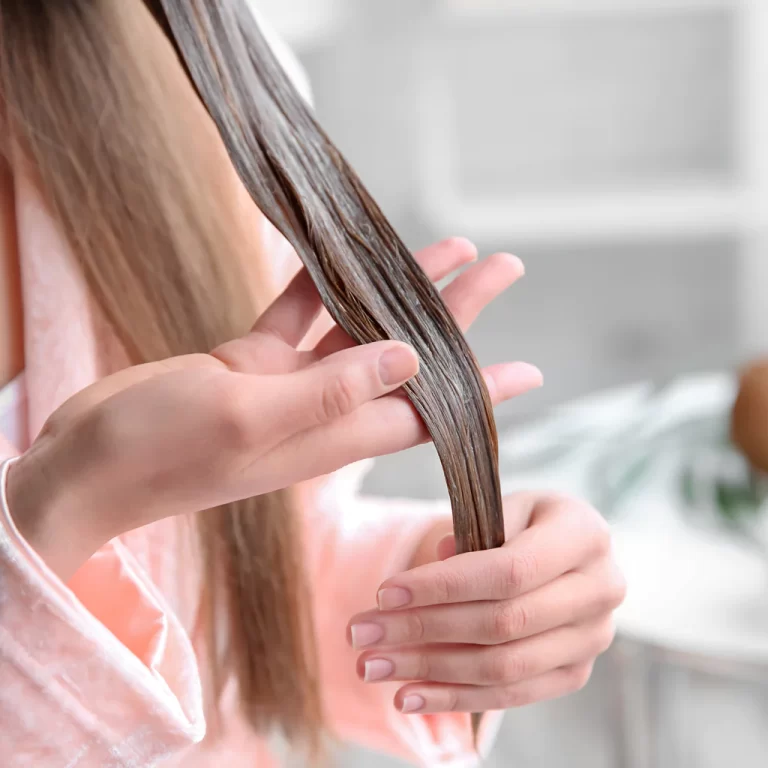
What Oil is Good for Hair Growth
Unlock Luscious Locks: Exploring Oils for Hair Growth
Are you tired of dealing with thinning hair or lackluster strands? Look no further than nature’s own remedies for a helping hand. Certain oils have been revered for centuries for their nourishing properties and ability to promote healthy hair growth.What oil is good for hair growth? In this comprehensive guide, we’ll dive into some of the most effective oils that can transform your mane into a crowning glory.
The Science Behind Oils and Hair Growth
Before delving into specific oils, it’s essential to understand the science behind how they contribute to hair growth. Our scalp is home to hair follicles, which require nourishment to produce healthy strands. Oils are rich in essential fatty acids, vitamins, and antioxidants that can penetrate the scalp and follicles, providing the necessary nutrients for optimal hair growth.
Additionally, many oils possess anti-inflammatory and antimicrobial properties, which can help combat issues like dandruff, scalp irritation, and bacterial buildup – all of which can impede hair growth. By addressing these concerns, oils create an environment conducive to strong, lustrous hair.
Rosemary Oil: A Potent Stimulant
Rosemary oil has long been hailed as a powerhouse for hair growth. Packed with antioxidants and essential oils like alpha-pinene and carnosic acid, this versatile oil is believed to enhance cellular metabolism and improve blood circulation to the scalp. Increased blood flow ensures that hair follicles receive ample nutrients, promoting growth and strength.
Peppermint Oil: A Refreshing Boost
Peppermint oil is a refreshing and invigorating addition to any hair growth regimen. Its cooling sensation is not just enjoyable but also beneficial for the scalp. Peppermint oil contains menthol, which can increase blood flow and nourishment to the hair follicles, stimulating growth.
To reap the benefits, try massaging a few drops of peppermint oil into your scalp before shampooing or mixing it with a carrier oil for a relaxing scalp treatment. The tingling sensation is a sign that the oil is working its magic.
Castor Oil: A Nutrient-Rich Powerhouse
Castor oil has been a staple in hair care for generations, and for good reason. This viscous oil is rich in essential fatty acids, vitamin E, and minerals like protein, which are all crucial for healthy hair growth. Castor oil can help strengthen hair strands, reduce breakage, and promote overall hair thickness and density.
To incorporate castor oil into your routine, try applying it directly to your scalp and massaging it in before leaving it on overnight. The oil’s consistency may seem heavy, but its nourishing properties are well worth the effort.
Coconut Oil: A Versatile Multitasker
Coconut oil is a true multitasker when it comes to hair care. Not only does it promote hair growth, but it also offers deep conditioning and protection from damage. The lauric acid and medium-chain fatty acids in coconut oil can penetrate the hair shaft, reducing protein loss and strengthening strands from the inside out.
Coconut oil can be used as a pre-shampoo treatment, left on for an hour or overnight, or even added to your regular conditioner for an extra boost of nourishment.
Argan Oil: A Moroccan Treasure
Argan oil, often referred to as “liquid gold,” is a precious commodity from Morocco that has gained global recognition for its haircare benefits. Rich in vitamin E, antioxidants, and essential fatty acids, argan oil can nourish the scalp, reduce inflammation, and prevent hair breakage.
Incorporating Oils into Your Routine
While oils can work wonders for hair growth, it’s important to use them correctly to maximize their benefits. Here are some tips for incorporating oils into your haircare routine:
1. Dilute with a carrier oil: Many essential oils should be diluted with a carrier oil like coconut, argan, or jojoba oil to prevent irritation or sensitivity.
2. Start slowly: Introduce oils gradually and in small amounts to avoid any adverse reactions.
3. Massage for optimal absorption: Gently massaging the oils into your scalp can enhance circulation and absorption.
4. Leave them on: Allow the oils to penetrate by leaving them on for an extended period, or even overnight, before rinsing.
5. Consistency is key: Incorporate oils into your routine regularly for best results.
Remember, everyone’s hair is unique, and it may take some experimentation to find the oils that work best for your specific needs. With patience and consistent use, you’ll be well on your way to achieving the luscious locks you’ve always dreamed of.



